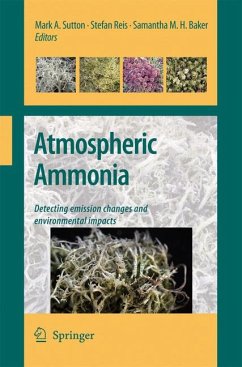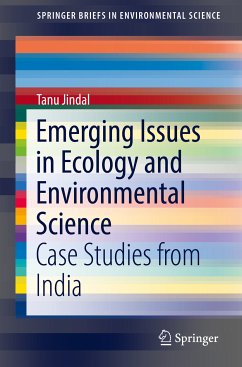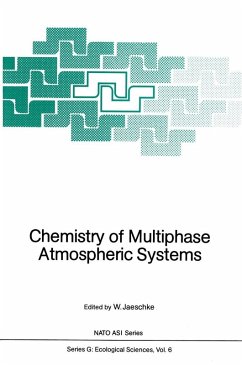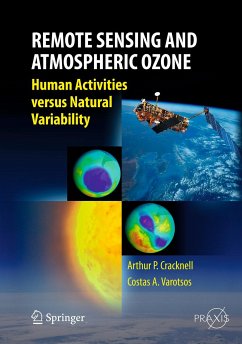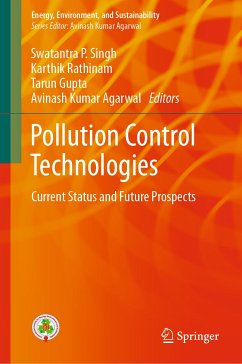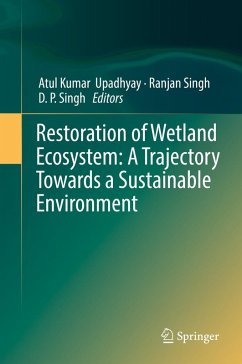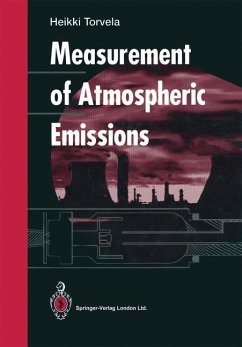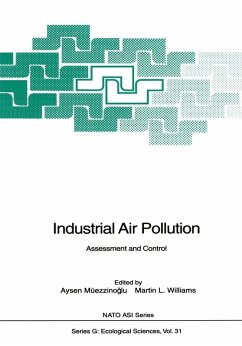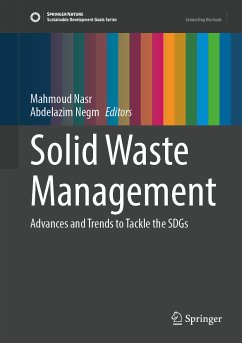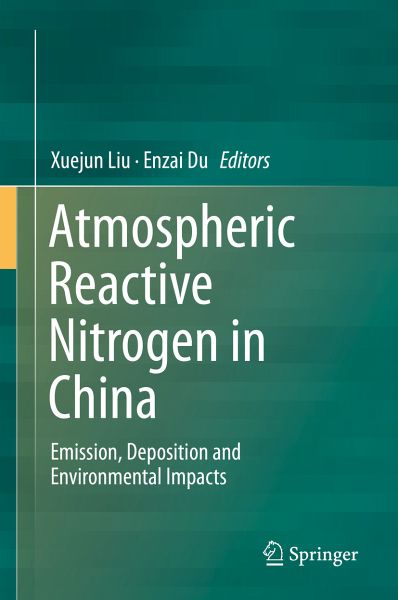
Atmospheric Reactive Nitrogen in China (eBook, PDF)
Emission, Deposition and Environmental Impacts
Redaktion: Liu, Xuejun; Du, Enzai
Versandkostenfrei!
Sofort per Download lieferbar
104,95 €
inkl. MwSt.
Weitere Ausgaben:

PAYBACK Punkte
52 °P sammeln!
Atmospheric reactive nitrogen (N) emissions, as an important component of global N cycle, have been significantly altered by anthropogenic activities, and consequently have had a global impact on air pollution and ecosystem services. Due to rapid agricultural, industrial, and urban development, China has been experiencing an increase in reactive N emissions and deposition since the late 1970s. Based on a literature review, this book summarizes recent research on: 1) atmospheric reactive N in China from a global perspective (Chapter 1); 2) atmospheric reactive N emissions, deposition and budget...
Atmospheric reactive nitrogen (N) emissions, as an important component of global N cycle, have been significantly altered by anthropogenic activities, and consequently have had a global impact on air pollution and ecosystem services. Due to rapid agricultural, industrial, and urban development, China has been experiencing an increase in reactive N emissions and deposition since the late 1970s. Based on a literature review, this book summarizes recent research on: 1) atmospheric reactive N in China from a global perspective (Chapter 1); 2) atmospheric reactive N emissions, deposition and budget in China (Chapters 2-5); 3) the contribution of atmospheric reactive N to air pollution (e.g., haze, surface O3, and acid deposition) (Chapters 6-8); 4) the impacts of N deposition on sensitive ecosystems (e.g., forests, grasslands, deserts and lakes) (Chapters 9-12); and 5) the regulatory strategies for mitigation of atmospheric reactive N pollution from agricultural and non-agricultural sectors in China (Chapters 13-14). As such it offers graduate students, researchers, educators in agricultural, ecological and environmental sciences, and policy makers a glimpse of the environmental issues related to reactive N in China .
Dieser Download kann aus rechtlichen Gründen nur mit Rechnungsadresse in A, B, BG, CY, CZ, D, DK, EW, E, FIN, F, GR, HR, H, IRL, I, LT, L, LR, M, NL, PL, P, R, S, SLO, SK ausgeliefert werden.



